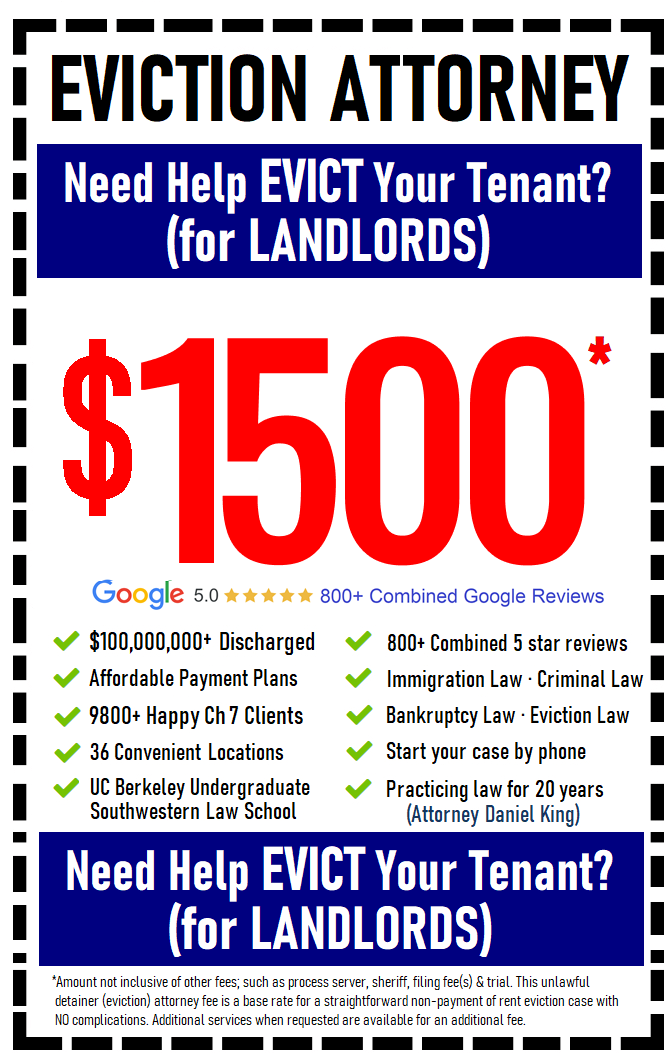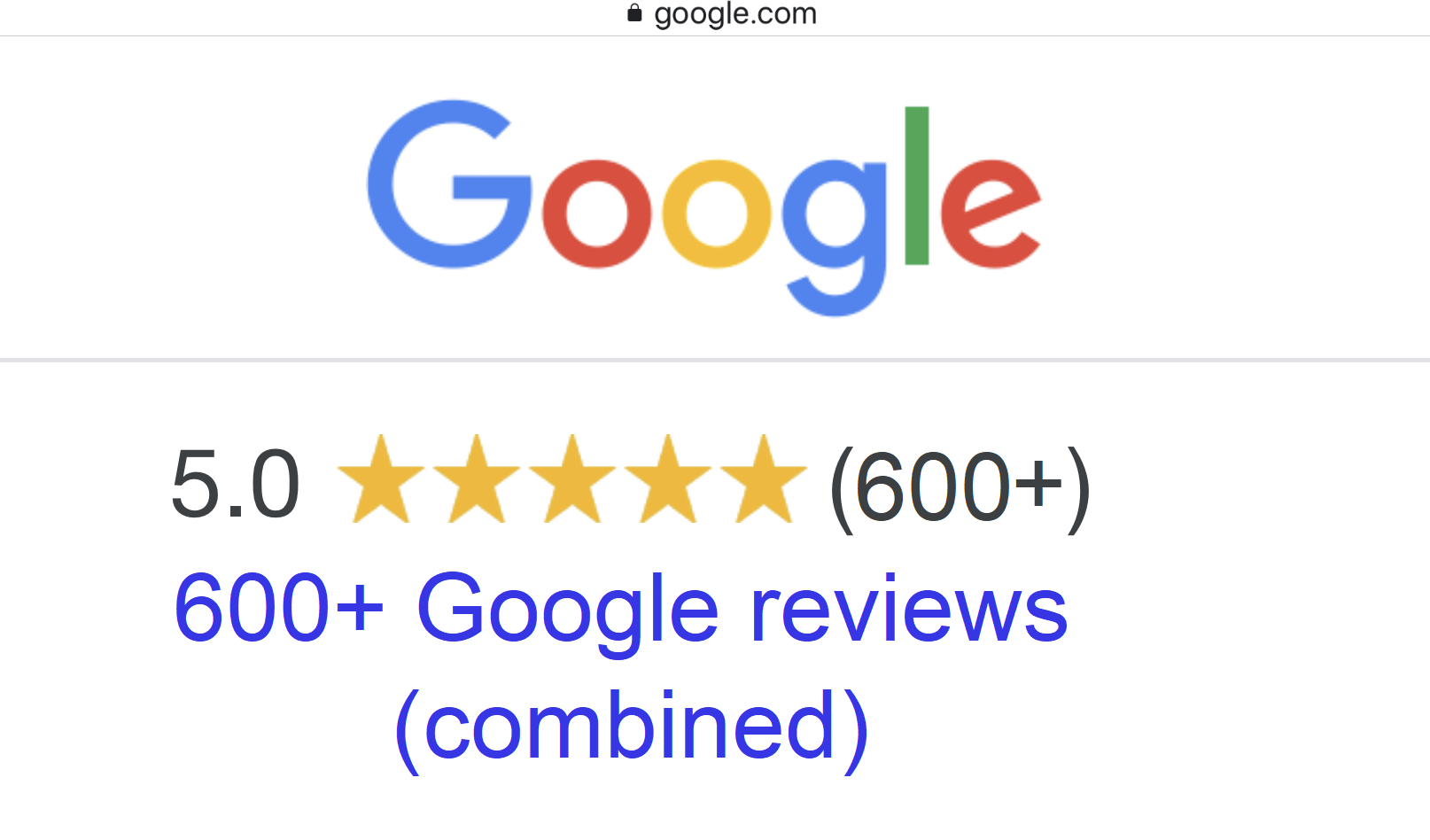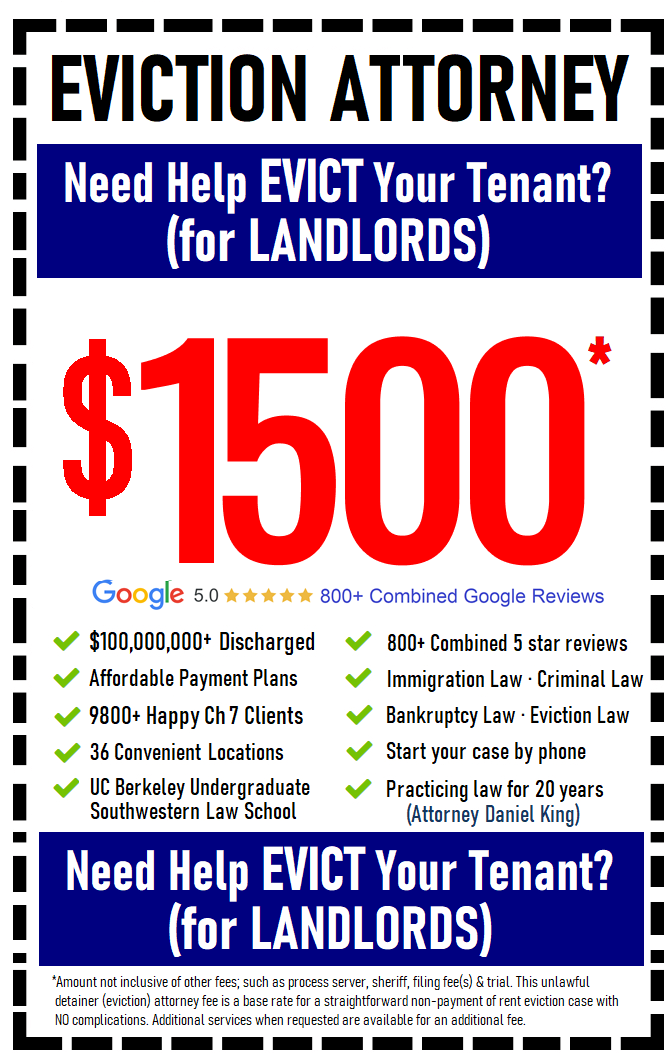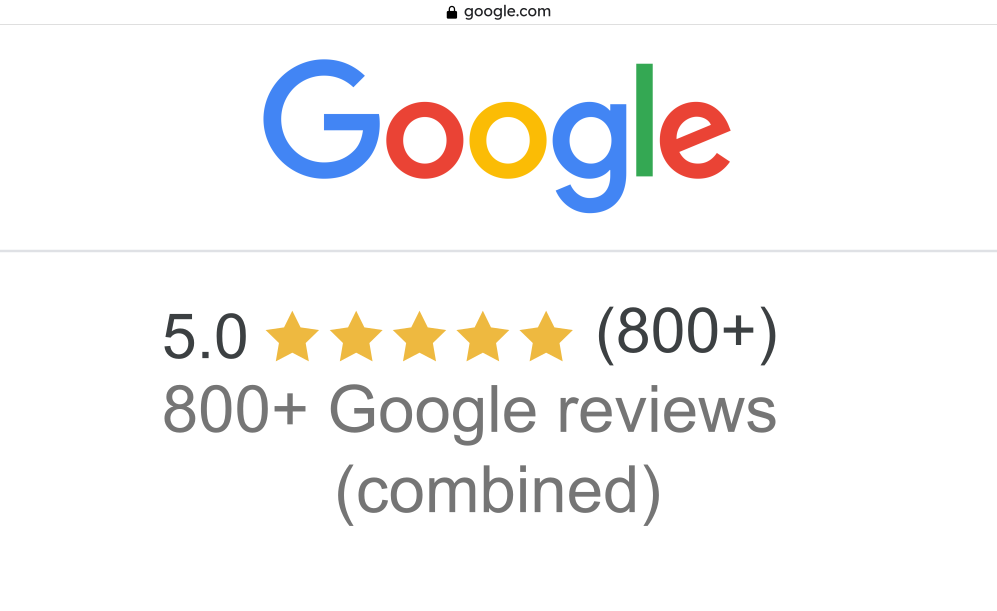|
West Hollywood Eviction Attorney for Landlords. Evict your Tenant today - Eviction Lawyers serving West Hollywood, California. If you are struggling to evict your tenant and looking to file an unlawful detainer in West Hollywood, you've come to the right place. We have 36 locations to meet you in California.
Need immediate assistance? Contact us now!
Toll Free 1(888) 759-1274 Available 7 Days a Week 7am to 9pm 36 LOCATIONS IN CALIFORNIA 
Lawyers from the The Attorney Group work with landlords and ensure they follow proper legal procedures when trying to evict tenants who fail to pay their rent, cause substantial damage to their leased units or common areas, or otherwise engage in criminal activities. Evicting a Tenant Your written lease forms the basis for most evictions. It should be detailed enough to list the rent price, lease term, how to pay the rent, the parties’ obligations, the identities of the tenants, and what acts are a material breach of the lease that affords you the right to begin eviction proceedings. Examples of reasons or activities for which you can evict a tenant include:
You must be cautious and follow the proper procedures to evict a tenant. You cannot change the locks, enter the unit and remove the tenant’s belongings, or threaten them or you can face civil as well as criminal consequences. TYPE OF EVICTION NOTICE(S) 3-Day Notice Pay Rent or Quit: Failure to pay rent 3-Day Notice to Vacate: Damage to the property 3-Day Notice to Cure or Quit: Violating terms of the agreement - Remaining on the property after the lease is up 3-Day Notice to Vacate: Illegal uses of the property including drug use, production, or sales. Being a nuisance to other tenants 5-Day Notice to Vacate: Forcible Entry 3/90-Day Notice to Quit: Previous Owner Holdover Squatters in your property 30-Day Notice 60-Day Notice By following the proper procedures, you can evict an unwanted tenant. Our highly experienced lawyers from the Eviction Attorney Group can file all necessary documents and respond if necessary to any defenses raised by a tenant. Call the Eviction Attorney Group to ensure that your rights and property are protected. |

20
Years Experience
9,800+
Happy Ch 7 Clients
Daniel J King, Esq.
Managing Attorney / Owner
36 Locations
In California
800+ 5 Stars
Combined Reviews
AFFORDABLE
EASY Payment Plans
Phone Meetings
Start your case by phone
$100+ Million
Discharged
Daniel J King, Esq.
Managing Attorney/Owner
UC BERKELEY
Undergraduate
SOUTHWESTERN
Law School Free Consultation$100,000,000+ $100 Million Discharged |
|
Attorney Daniel J King
Education: UC Berkeley UndergraduateSouthwestern University School of Law
$100,000,000+
$100 Million Discharged
| 20 | 9,800+ |
| Years Experience | Happy Clients |
About West Hollywood
West Hollywood (sometimes referred to as WeHo) is a city in California located in Los Angeles County. The city was incorporated on November 29, 1984. As of the 2010 census, its population is 34,399.
West Hollywood is bordered on the north by the Hollywood Hills neighborhood of Los Angeles, on the east by the Hollywood district of Los Angeles, on the south by the Fairfax district of Los Angeles, and on the west by the city of Beverly Hills.
Most historical writings about West Hollywood began in the late 1700s with European colonization when the Portuguese explorer João Rodrigues Cabrilho arrived offshore and claimed the already inhabited region for Spain. Around 5,000 of the indigenous inhabitants from the Tongva Indian tribe canoed out to greet Juan Cabrillo. The Tongva tribe was a nation of hunter-gatherers known for their reverence of dance and courage. By 1771, these native people had been severely ravaged by diseases brought in by the Europeans from across wide oceans. The Spanish mission system changed the tribal name to "Gabrielinos", in reference to the Mission de San Gabriel. Early in 1770 Gaspar de Portola's Mexicanexpeditionary force stopped just south of the Santa Monica Mountains near what would become West Hollywood to draw pitch (la brea) from tar pits to waterproof their belongings and to say mass. The Gabrielinos are believed to have burned the pitch for fuel.
By 1780, what became the "Sunset Strip" was the major connecting road for El Pueblo de Los Angeles, and all ranches westward to the Pacific Ocean. This land passed through the hands of various owners during the next one hundred years, and it was called names such as "La Brea" and "Plummer" that are listed in historical records. Most of this area was part of the Rancho La Brea, and eventually it came to be owned by the Henry Hancock family.
During the final decade years of the nineteenth century, the first large land development in what would later become West Hollywood—the town of "Sherman"—was established by Moses Sherman and his partners of the Los Angeles and Pacific Railway, an interurban railroad line which later became part of the Pacific Electric Railway system. Sherman became the location of the railroad's main shops, railroad yards, and "car barns". Many working-class employees of the railroad settled in this town. It was during this time that the city began to earn its reputation as a loosely regulated, liquor-friendly (during Prohibition) place for eccentric people wary of government interference. Despite several annexation attempts, the town elected not to become part of the City of Los Angeles. In a controversial decision, in 1925 Sherman adopted "West Hollywood", "...a moniker pioneered earlier in the decade by the West Hollywood Realty Board" as its informal name. though it remained under the governance of Los Angeles County.

Need Help? Call: 1-888-759-1274
The information on this website is for general information purposes only. Nothing on this site should be taken as legal advice for any individual case or situation. This information on this website is not intended to create, and receipt or viewing of this information does not constitute, an attorney-client relationship.
LOCATION DISCLAIMER: The Attorney Group has a main office in Anaheim Hills, California. All other addresses are local offices available on an advanced appointment basis for meetings and depositions.



